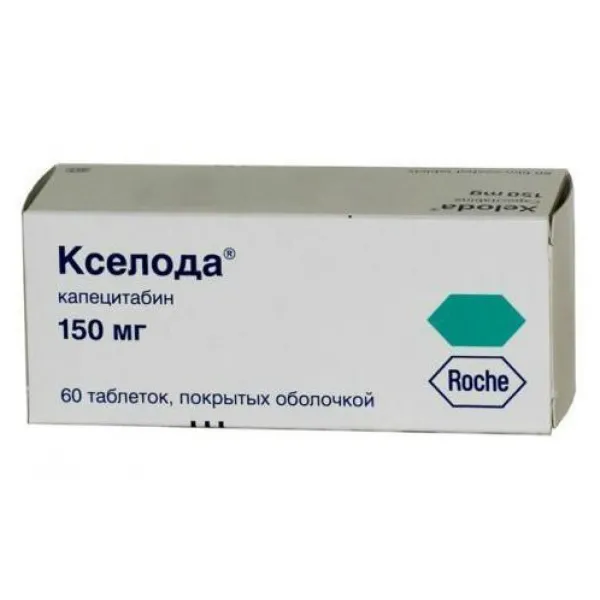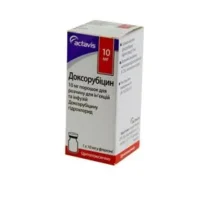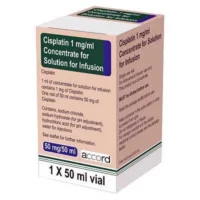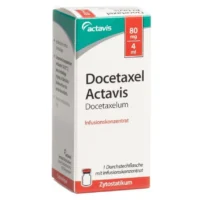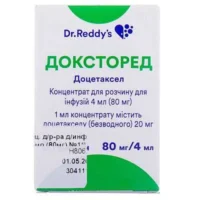Description
Xeloda (Capecitabine) Coated Tablets 500 mg – Pack of 120 Tablets
Composition
Each coated tablet contains 500 mg of capecitabine.
Mechanism of Action
Capecitabine is a prodrug that undergoes a series of metabolic reactions to form 5-fluorouracil (5-FU) in tumor cells. 5-FU is an antimetabolite that interferes with DNA synthesis and cell division, leading to cell death.
Pharmacological Properties
Capecitabine is a fluoropyrimidine carbamate with antineoplastic activity. It is selectively activated in tumor cells to exert its cytotoxic effects.
Indications for Use
- Treatment of colorectal cancer
- Adjuvant treatment of breast cancer
Contraindications
Avoid using Xeloda if you have:
- Known severe hypersensitivity to capecitabine or fluorouracil
- Dihydropyrimidine dehydrogenase (DPD) deficiency
Side Effects
Common side effects of Xeloda may include nausea, vomiting, diarrhea, hand-foot syndrome, and myelosuppression. Monitoring for adverse reactions is essential during treatment.
Usage Instructions
Administer Xeloda according to the individualized dosage regimen prescribed by the healthcare provider. The dosing schedule may vary based on the specific cancer type and treatment plan.
Benefits Compared to Analogues
Xeloda offers the advantage of oral administration, convenient dosing, and proven efficacy in multiple cancer types compared to traditional intravenous chemotherapeutic agents.
Suitable Patient Groups
Xeloda is suitable for adult patients with colorectal or breast cancer. Dosing adjustments may be necessary for elderly individuals or those with renal impairment.
Storage and Shelf Life
Store Xeloda in a cool, dry place away from direct sunlight. Check the expiry date on the packaging and do not use the tablets beyond the specified shelf life.
Packaging Description
Xeloda is available in packs containing 120 coated tablets of 500 mg strength each. The packaging is designed to maintain the stability and integrity of the tablets.
Clinical Evidence and Proven Effectiveness
Xeloda (capecitabine) has demonstrated significant efficacy in the treatment of colorectal and breast cancer. Clinical studies have shown that Xeloda effectively converts to 5-fluorouracil in tumor cells, leading to tumor regression and improved patient outcomes.
Clinical trials have confirmed the tolerability and effectiveness of Xeloda either as a monotherapy or in combination with other anticancer therapies. The manageable side effect profile of Xeloda enhances patient compliance and treatment outcomes.

